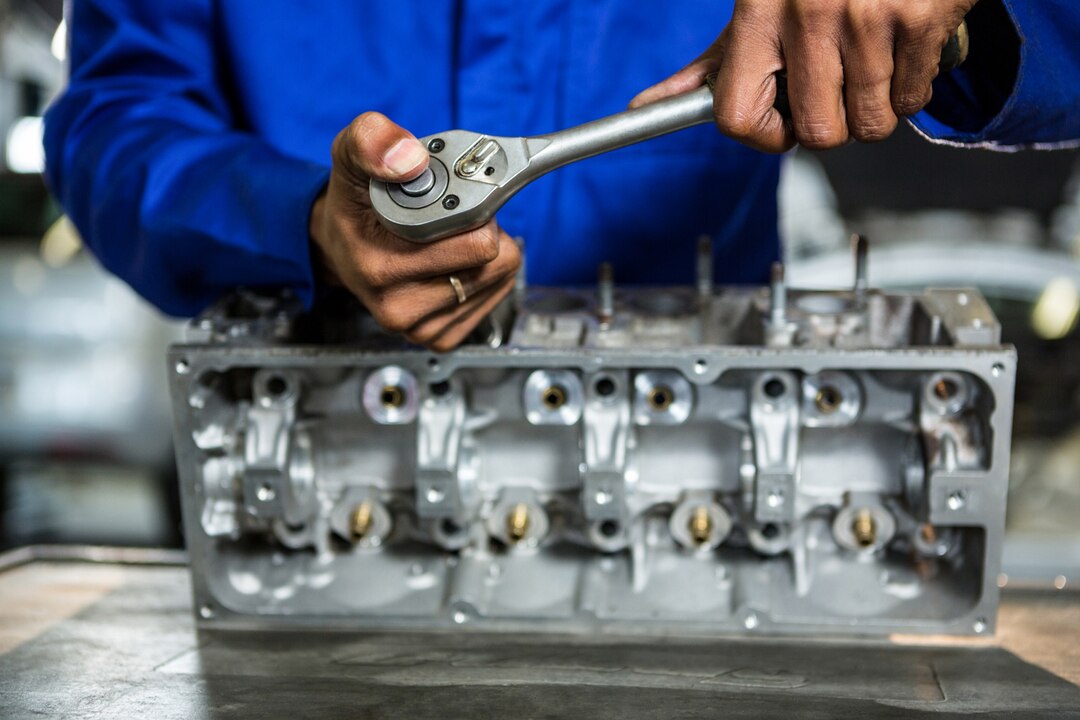The cylinder block, also known as the engine block, is the foundation of any internal combustion engine. It houses the cylinders, pistons, and other essential components that power your vehicle. Understanding the different types of car cylinder blocks is crucial for anyone interested in automotive mechanics or engineering. Whether you’re a seasoned mechanic or an aspiring car enthusiast, here’s a comprehensive guide to the various types of car cylinder blocks you must know about:
1. Cast Iron Cylinder Blocks:
- Cast iron cylinder blocks are one of the most common types used in automotive engines. Known for their durability and heat resistance, cast iron blocks are capable of withstanding high temperatures and pressures generated by combustion. They are often favored for their strength and longevity in heavy-duty applications.
2. Aluminum Cylinder Blocks:
- Aluminum cylinder blocks are lighter in weight compared to cast iron blocks, making them a popular choice for modern engines focused on fuel efficiency and performance. Aluminum blocks offer excellent heat dissipation properties, which helps reduce engine weight and improve overall efficiency.
3. Alloy Cylinder Blocks:
- Alloy cylinder blocks are made from a combination of aluminum and other metals, such as magnesium or silicon. These blocks offer a balance of strength, lightweight construction, and heat dissipation, making them ideal for high-performance and racing applications where weight savings and durability are crucial.
4. Closed Deck Cylinder Blocks:
- Closed deck cylinder blocks feature a reinforced structure around the cylinders, providing increased strength and rigidity. This design helps prevent cylinder distortion under high loads and improves head gasket sealing, making closed deck blocks a popular choice for turbocharged and high-performance engines.
5. Open Deck Cylinder Blocks:
- Open deck cylinder blocks have an open space or cavity between the cylinder walls, which allows for coolant flow around the cylinders. While open deck blocks offer improved cooling efficiency, they may be less rigid than closed deck blocks and more prone to cylinder wall flex under high loads.
6. Siamese Cylinder Blocks:
- Siamese cylinder blocks feature adjacent cylinders with shared walls or partitions between them. This design increases block rigidity and strength while reducing coolant leakage between cylinders. Siamese blocks are commonly used in performance engines where cylinder stability and durability are paramount.
7. Semi-Closed Deck Cylinder Blocks:
- Semi-closed deck cylinder blocks combine elements of both closed and open deck designs. They feature reinforced sections around the cylinders to enhance strength and rigidity while allowing for improved coolant flow and thermal management.
8. Wet Cylinder Blocks:
- Wet cylinder blocks incorporate water jackets or coolant passages around the cylinders to help dissipate heat generated during combustion. These blocks provide efficient cooling and are commonly used in most automotive engines to maintain optimal operating temperatures.
9. Dry Cylinder Blocks:
- Dry cylinder blocks do not have water jackets or coolant passages surrounding the cylinders. Instead, they rely on external cooling systems, such as air or oil cooling, to dissipate heat. Dry cylinder blocks are less common in automotive applications but may be used in specialized engines or racing applications.
10. Modular Cylinder Blocks:
- Modular cylinder blocks are designed to accommodate various configurations and displacements by using interchangeable components such as cylinder liners, sleeves, and crankshaft bearings. This modular approach allows for flexibility in engine design and manufacturing, making it easier to adapt to different vehicle platforms and performance requirements.
Understanding the different types of car cylinder blocks is essential for anyone involved in automotive engineering, design, or repair. Whether you’re building a high-performance engine, upgrading your vehicle, or simply maintaining your car’s engine, knowing the characteristics and advantages of each type of cylinder block can help you make informed decisions and achieve optimal performance and reliability. So the next time you pop the hood of your car, take a moment to appreciate the engineering marvel that is the cylinder block, the heart and soul of your vehicle’s powertrain.











